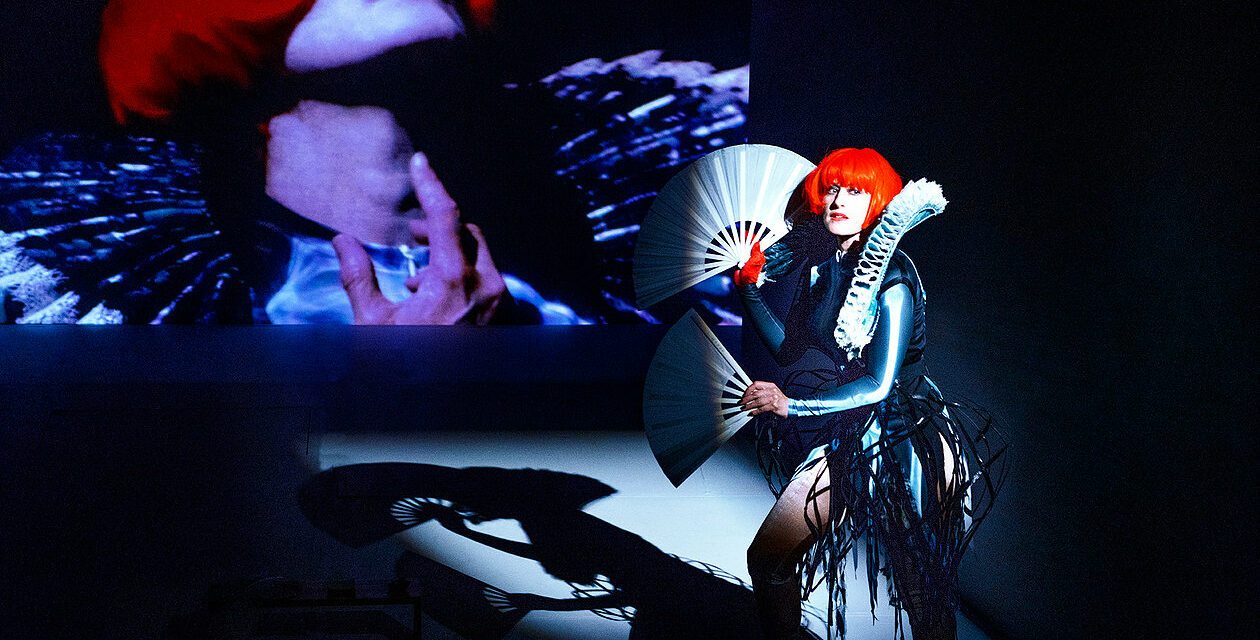The Theatre Times: Frank Wedekind’s Lulu is the archetypal modern classic about a sexy woman. Precisely for that reason, it’s a very tough nut to crack today, no less for adaptors than for directors of the original texts.
Wedekind’s first version, a 5-act “monster tragedy” written in 1894—about a sensuous young woman exploited, objectified and loved by a series of husbands and other men before being murdered by Jack the Ripper—couldn’t get past the German censor. So Wedekind fiddled with it for years, eventually expanding it into two plays (Earth Spirit and Pandora’s Box) that amplified the story’s lurid details and added background information that, in a teasingly neutral way, provided social commentary.

2 comments:
This article taught me a lot about the origins of the archetype of the femme fatal, which I had no idea was based in this German story of Lulu. This article asks a really good question about adapting work that I think isn’t just for issues about sexism but so many other issues. Almost every time an older show is done here at CMU, the creative team talks about how they addressed the problems with the show due to antiquity. It is amazing to read about how people tried addressing what the author calls the “Lulu problem” and what I would call the need to modernize older works. I am shocked to hear that people like Angela Carter tried to conquer this problem by adopting the show and re-writing it. I found this shocking not because I think it is a bad idea but because of the drastic nature of taking someone's work and changing the tone that it is written from. This creates a muddy line between bringing an old piece of text into the modern world and reviving a piece. Lulu XXX and the original Lulu seem analogous to the An Octoroon and The Octoroon, meaning that they are adapted works. This means that the old problem in the original plays is addressed by creating new work rather than fixing the original show. This makes sense but then a/ doesn’t really solve the problem and b/ can lead to an argument that we (theatre in general) needs to stop reviving problematic theatre.
I have to say, I really wanted to enjoy this article but I found the writing style to be a bit hard to follow. Certain references and word choices were a bit too high level for me to understand or get through easily. While I think the idea of the Lulu Problem is fascinating and seeing the ways in which these playwrights have taken the Lulu archetype and tried to make it modern is truly interesting I wish the article had been written with the average reader in mind. For some, references to Don Quixote fall on confused by curious ears and it can be frustrating to see such a high-level allusion and see no way to figure out the meaning behind it. I have to say though that the story of Lulu really took me for a turn as it mentioned Jack the Ripper. The idea of the femme fatale was pretty standard up until that point and after hearing the ideas behind Lulu I am more interested than ever in reading or seeing it.
Post a Comment